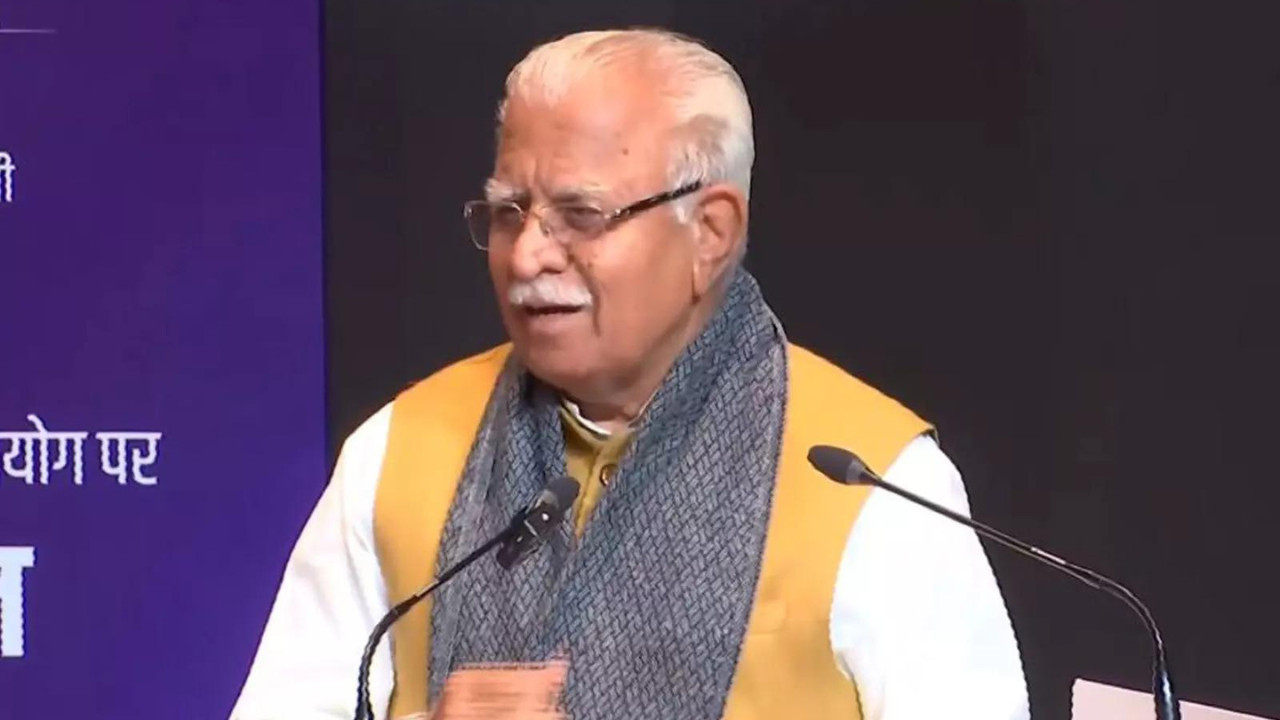India’s mentha oil sector is facing a crisis as the US imposed a 50% import tariff just days ago, threatening exporters and agricultural workers. Order disruptions and cancellations are causing financial strain, potentially impacting over 1 million farmers. Moradabad’s handicraft exports are also suffering, with potential job losses due to halted orders.
Mentha Oil’s Bitter Pill: US Tariffs Squeeze Indian Producers
The aroma of mentha oil, usually a scent of freshness and vitality, is tinged with worry in Rampur, India. A hefty 50% tariff slapped on Indian mentha oil exports by the United States has sent ripples of concern throughout the industry, threatening livelihoods and casting a shadow over its future. It’s a situation that demands attention, not just for those directly involved, but for anyone interested in the delicate dance of international trade and its impact on local communities.
What’s causing this sudden chill? The story is complex, rooted in accusations of anti-dumping practices. US menthol producers claim that Indian companies are selling mentha oil at unfairly low prices, undercutting domestic production. This has led to the imposition of tariffs, designed to level the playing field. But the impact on the ground is far from theoretical.
For Rampur, a hub of mentha oil production, these tariffs are a gut punch. The region relies heavily on the mentha oil industry, providing employment for farmers, processors, and exporters alike. With nearly half of mentha oil being exported, the US market represented a significant revenue stream. Now, with exports effectively crippled, businesses are scrambling.
The immediate consequence is a halt in production orders. Factories are sitting idle, unable to ship their product to the US. This standstill has a domino effect, impacting everyone from the farm to the factory floor. Farmers, who invested in cultivating mentha crops expecting a certain return, are now facing uncertainty. Processors, who rely on a steady supply of raw materials, are struggling to stay afloat. And exporters, who built their businesses on international trade, are watching their market share dwindle.

The most pressing concern is job losses. With production grinding to a halt, companies are forced to make difficult decisions. Layoffs are looming, threatening the economic security of countless families in Rampur and surrounding areas. It’s a stark reminder that trade disputes have real human consequences. The families who have relied on this industry for years are facing an uncertain future as the price of mentha oil fluctuates.
Adding another layer of complexity, orders that were already in transit when the tariff was imposed are being held up. This creates a logistical nightmare and further exacerbates the financial strain on exporters. Imagine having your goods stranded at customs, accruing storage fees, all while the market shifts beneath your feet.
While the situation appears bleak, there’s still hope for a resolution. Industry associations are actively engaging with the Indian government, seeking diplomatic intervention to resolve the trade dispute. The goal is to negotiate a fair agreement that protects the interests of both Indian and US producers. It’s a delicate balancing act, requiring skillful diplomacy and a willingness to compromise.
The industry is also exploring alternative markets to diversify its export destinations. Focusing on regions with growing demand for mentha oil, such as Europe and Southeast Asia, could help mitigate the impact of the US tariffs. This requires strategic investments in marketing and distribution, as well as adapting to the specific requirements of each market.
Another potential avenue is to focus on value-added products. Instead of simply exporting raw mentha oil, Indian companies could invest in processing it into finished goods, such as fragrances, flavors, and pharmaceuticals. This would increase the value of their exports and potentially make them less vulnerable to tariffs.
Internal Link: Check out our recent post about the effect of tariffs on the Indian spice trade.
The challenges facing the Indian mentha oil industry highlight the interconnectedness of the global economy and the importance of fair trade practices. It’s a reminder that trade disputes can have significant consequences for local communities, impacting livelihoods and threatening economic stability. While the road ahead may be difficult, with proactive measures and strategic partnerships, the Indian mentha oil industry can navigate this crisis and emerge stronger. The focus needs to be on innovation, diversification, and collaboration to ensure the long-term sustainability of this vital industry. The coming months will be crucial in determining the future of mentha oil production in Rampur, and the resilience of its people.







